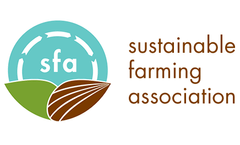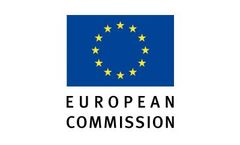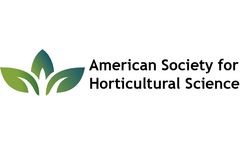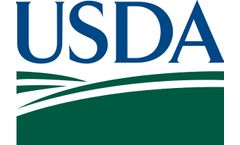Insect Pollination Articles & Analysis
20 news found
What’s all the buzz? Pollinators are a huge group of insects with species that have different life histories, biologies, and needs. ...
Changes to the timing of flowering may have important consequences for pollinating insects, and may expose flowers to unfavourable weather conditions. ...
Mulching, a common practice used to control weeds and reduce the need for tillage, can also reduce insect pollinators' exposure to harmful pesticides; however, finding the right mulch materials that allow pollinators to flourish can be challenging. ...
Learning and memory of honeybees exposed to the biopesticide were not affected, even at doses higher than they would normally encounter in the environment. Insect pollination is vital for food production; however, there are concerns that some neonicotinoid pesticides, designed to be safe for mammals, could harm bees and other pollinating ...
“It is great to see that our bees have come out of the 2013/2014 winter in the best shape for many years,” says Dr. Christian Maus, Global Pollinator Safety Manager at Bayer CropScience. “These results are also very telling since the data relate to a season during which neonicotinoid-based crop protection products were still in common use throughout Europe. ...
Researchers surveyed pollinators visiting study plots in Berkshire, UK, and explored how sowing different seed mixes and using different management techniques affected the flowers produced and the pollinators visiting them. Overall, 84% of the crop species cultivated in Europe depend directly on insect pollinators. While ...
They have helped transform the nation’s agricultural landscape by protecting insect pollinators from the over-use of chemical pesticides, encouraging pasture-based meat production, educating the next generation of agricultural scientists and building sustainable regional food systems. ...
Pollination by wild insects and honey bees improves soybean yield by 18%, new research has indicated. ...
Agri-environmental schemes (AES) do successfully enhance the number and variety of insect pollinators, research suggests. They are particularly effective when implemented in arable landscapes which also contain some semi-natural habitat. ...
Since the 1990s, rates of biodiversity loss of wild plants and their insect pollinators have slowed down in north-west Europe, according to a recent study. ...
Since the 1990s, rates of biodiversity loss of wild plants and their insect pollinators have slowed down in north-west Europe, according to a recent study. ...
The fall in grassland butterfly numbers is particularly worrying, according to the report, because these butterflies are considered to be representative indicators of trends observed for most other terrestrial insects, which together form around two thirds of the world’s species. ...
For example, researchers at the Kenya Agricultural Research Institute have developed resistant varieties that are naturally pollinated by insects, birds or the wind. "The good news is that this innovation is bringing farmers hybrid maize seeds that are resistant to the devastating weed, higher yielding and attractive to those in the seed business," says ...
In addition, honeybees and other insects perform vital pollination to crops and wild plants. The recently published Late Lessons chapter on imidacloprid has informed debate within the EU institutions, as it describes how mounting scientific evidence has been systematically suppressed for many years and early warning were ignored. ...
Led by Lucas Garibaldi, an assistant professor at the National University of Río Negro inArgentina, a team of researchers compared fields containing many wild pollinators — mostly insects — with those containing few. They studied 41 crop systems across all continents exceptAntarctica to understand how the loss of wild ...
Falling levels of insect pollination are causing declining yields of important agricultural crops. ...
Insect pollination is a vital ecosystem service; a large proportion of the human diet either directly or indirectly depends on animal-based pollination. ...
Together with other species (mostly insects but also bats and birds) bees play a key role as pollinators – enabling reproduction of plants, wild and domesticated. One attempt to price this service estimates the contribution of insect pollinators to agricultural output may be worth up to US$ 190 billion per year. ...
Self-pollinating almond trees that can produce a bountiful harvest without insect pollination are being developed by Agricultural Research Service (ARS) scientists. This is good news for almond growers who face rising costs for insect pollination because of nationwide shortages of honey bees due to Colony ...
GM oil seed rape may be more likely to escape from cultivation or cross pollinate with non-GM varieties, making it more difficult to ensure the GM content of conventionally grown oil seed rape remains below the EU threshold: for example, it is attractive to insect pollinators, which could facilitate cross pollination, and it is ...






